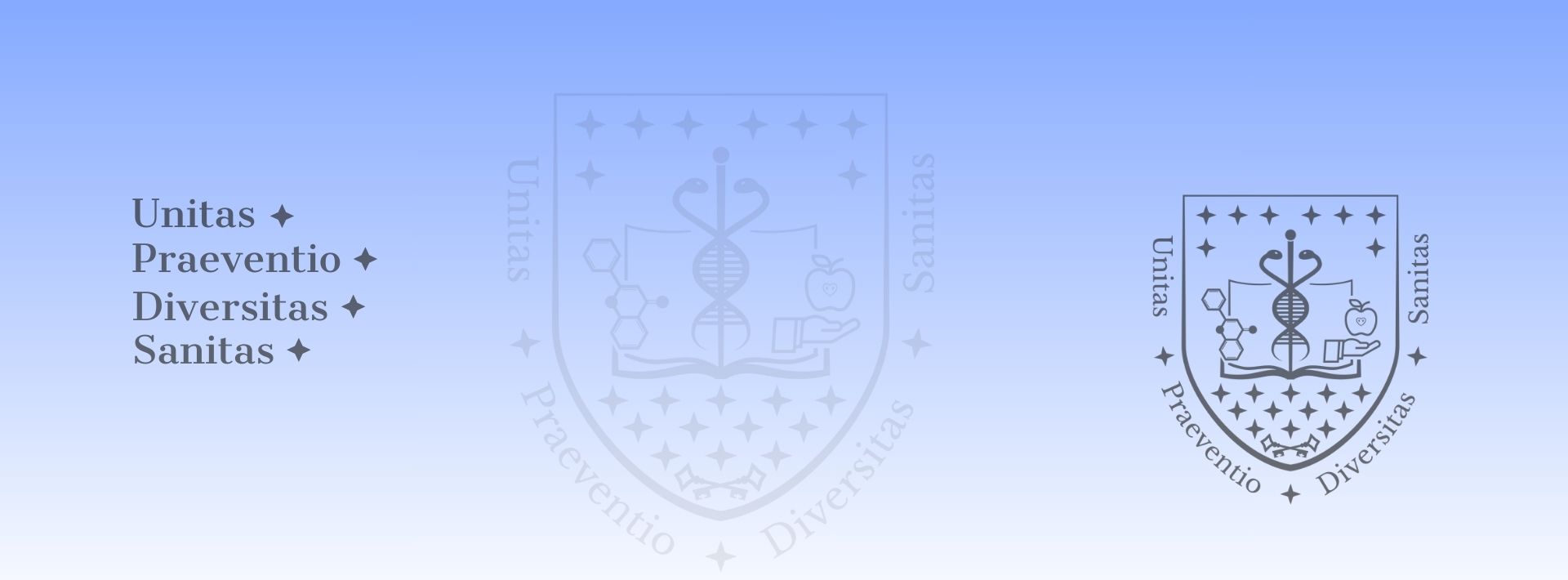Data
Official data in SubjectManager for the following academic year: 2024-2025
Course director
-
Szendi Katalin
assistant professor,
Department of Public Health Medicine -
Number of hours/semester
lectures: 24 hours
practices: 0 hours
seminars: 0 hours
total of: 24 hours
Subject data
- Code of subject: OXF-VEO-h-T
- 2 kredit
- General Medicine
- Optional modul
- both
-
Course headcount limitations
min. 5 – max. 30
Topic
Vaccination belongs to one of the most successful modern health care programmes that decreased significantly the number of severe infectious diseases. In today's world experts are unable to compete with the media. Several delusions circulate infiltrating the public opinion related to vaccines. The most susceptible target audience of these beliefs are the half-educated laymen who believe in the media created pseudoscience. The activity of stubborn anti-vaccine minorities can be dangerous because that may open up new chances of the spread of infectious diseases.
The objective of the course is to deepen the knowledge of vaccinations concerning the background, benefits, achievements and failures, and the course also serves as a thought provoking initiation for practitioners relating to possible actions against the anti-vaccination movements.
Lectures
- 1. History of vaccines and anti-vaccination movements. - Szendi Katalin
- 2. Epidemiology of infectious diseases, morbidity and mortality rates before and after vaccine introduction. Is there any benefit of vaccination? - Szendi Katalin
- 3. Epidemiological studies on vaccination, are there any at all? - Szendi Katalin
- 4. Morbidity, mortality, incidence, prevalence. - Szendi Katalin
- 5. Statistics, data availability, official sources. - Szendi Katalin
- 6. Are there enough and reliable data to prove the effectiveness or safety of vaccines? - Szendi Katalin
- 7. Groups of vaccinations. - Szendi Katalin
- 8. Types of vaccinations. - Szendi Katalin
- 9. Why are they compulsory? - Szendi Katalin
- 10. Are there any unnecessary ones (e.g. BCG)? - Szendi Katalin
- 11. Is it possible that the only purpose of the pharmaceutical industry is to increase their profits? - Szendi Katalin
- 12. The function of vaccination. - Szendi Katalin
- 13. Types of immunity. Is artificial induction of immunity good for our immune system? Does it result in more benefits if the diseases are fought off in a natural way? - Szendi Katalin
- 14. The efficiency of vaccines. - Szendi Katalin
- 15. Do the European countries with better health indicators also have better epidemiological situation than Hungary? - Szendi Katalin
- 16. Questions of herd immunity. - Szendi Katalin
- 17. Vaccine effectiveness. Are there any positive health effects, or just does the government want to make us believe in counterfeit statistical data? - Szendi Katalin
- 18. Vaccination safety, components. Are the ingredients in vaccines dangerous? Do they cause any harm to health? Diversity of conspiracy theories. - Szendi Katalin
- 19. Risks of vaccines, vaccination health hazards. Do the vaccines do more harm than good? MMR and autism. Mercury and autism. Aluminium and autism. - Szendi Katalin
- 20. Legal background. The legal regulation of vaccines. - Szendi Katalin
- 21. The pros and cons of compulsory vaccination. What is the point of it? The reason for the existence of free choice. - Szendi Katalin
- 22. Anti-vaccination activities in Hungary and abroad. - Szendi Katalin
- 23. Do we have to deal with the anti-vaccination movements? Anti-vaccination movements, hazards, duties. - Szendi Katalin
- 24. Psychology of the anti-vaccination attitudes. - Szendi Katalin
Practices
Seminars
Reading material
Obligatory literature
Literature developed by the Department
Educational material uploaded on Teams.
Notes
Recommended literature
Stanley A. Plotkin. History of Vaccine Development. Springer 2011.
Vaccine Fact Book 2013. http://www.phrma.org/sites/default/files/pdf/PhRMA_Vaccine_FactBook_2013.pdf
WHO, UNICEF, World Bank. State of the world's vaccines and immunization, 3rd ed., Geneva, World Health Organization, 2009.
Conditions for acceptance of the semester
Participation in lectures is obligatory which is registered.
Absences should not exceed 15% (4x45 min). Otherwise signature of grade book is denied.
Mid-term exams
-
Making up for missed classes
There are no make-up classes.
Exam topics/questions
Teams
